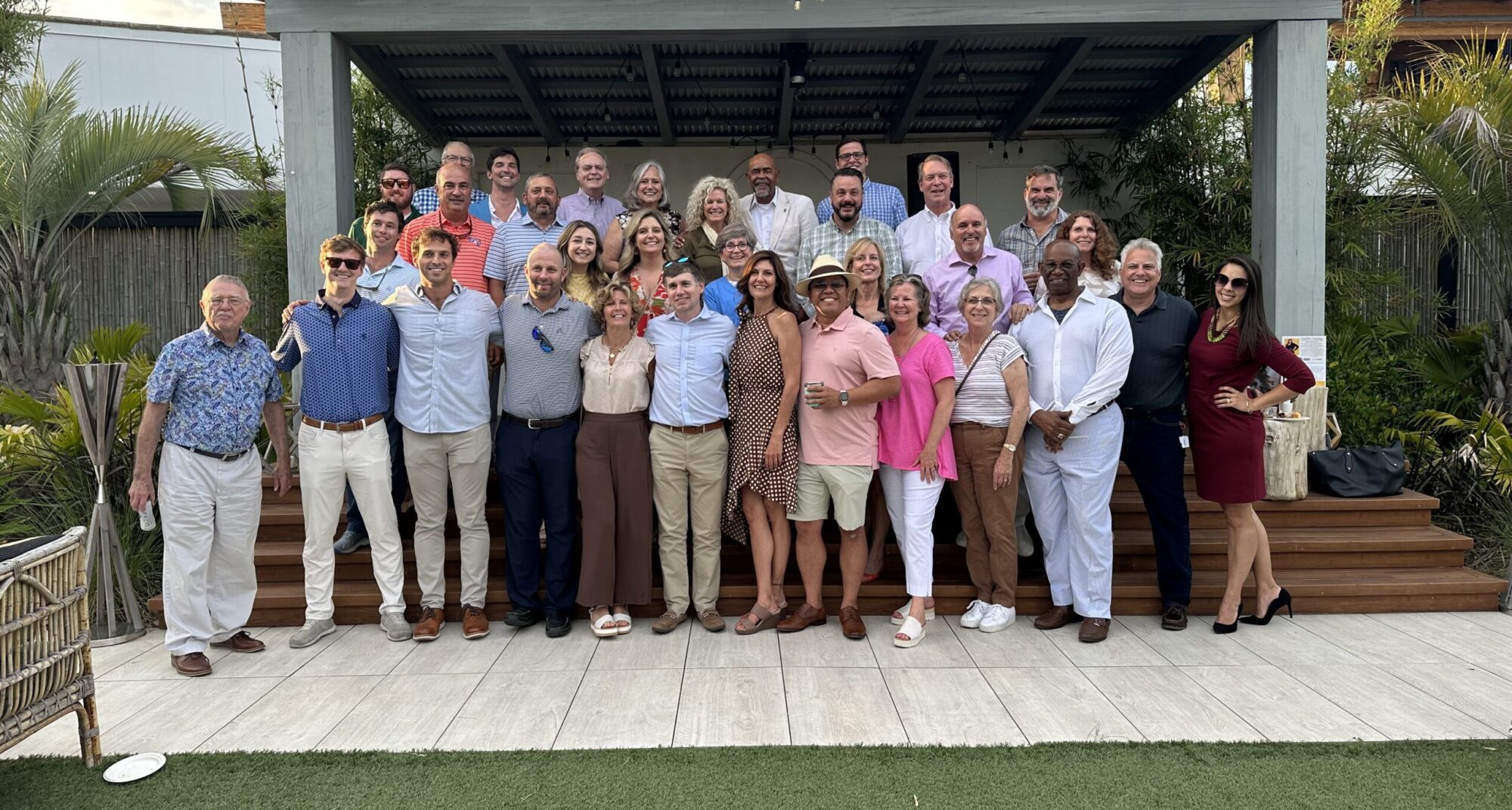January 20, 2015 — Ned Jervey, who received the Shining Light Award today, introduced James Ward, Vice President of Scientific Research Corporation (SRC). Scientific Research Corporation is an advanced engineering company that was founded in 1988 to provide innovative solutions to the United States Government, private industry, and international markets.
Ward joined SRC after 30 years of employment with the federal government, which included years at SPAWAR (Space and Naval Warfare Systems Command). At SRC, he currently manages 900 employees.
Ward believes in the Rotary motto of Service Above Self and he is very involved in the local community, serving on the Executive Committee of the Charleston Metro Chamber of Commerce. During his tenure as Vice President at SRC, he has implemented community service projects, which has culminated in SRC hosting 6 charitable events per year.
Cyber Warfare
Ward discussed cyber warfare and cyber security. Since cyber warfare can be devastating to our country and to our economy, there is a discussion of a cyber warfare force due to National Security concerns. This force will be separate from the Army, Navy, and Air Force.
With cyber warfare, the goal is to dominate the adversaries’ information or the adversaries’ network: “If you can control their network, you can control them.” He described this as an inexpensive means to that warfare domain. In the next 10 years, a lot of money, technology, and energy will focus on cyber security and Ward says, “Charleston is ripe for this opportunity.”
Ward described the Internet as “the internet of everything” because it is connected to everything. Initially IPv4 allowed for 3 million addresses with accounts on the internet. Now, IPv6 allows for an almost unlimited amount of users to have access to the internet. IPv6 will replace IPv4. Ward believes that IPv6 makes us particularly vulnerable to cyber attacks.
Cyber Security
Individual: Ward discussed the use of checks and debit cards by individuals. He said to use them cautiously because they increase your vulnerability to cyber threats. He encouraged members to use their credit cards. He also discussed the security associated with the use Apple Pay and the Eurocard. For example with Apple Pay you are given a different number for each transaction, thus making it difficult for a cyber thief to steal it.
Business: Ward recommended cyber drills so that employees can think through cyber attacks. He noted that 25% of cyber attacks inside a company come from insiders. Ward asked the group “who do you call if you suspect a cyber threat to your business?” He advises businesses to call an attorney immediately when attacked due to the fact that business development data and employee social security information has been compromised: “You want to be able to control how information is disseminated to public. An attorney can work with computer forensics experts to assist in the control of information to the general public.”
Cyber Careers
Ward thinks that Charleston is a great place for cyber careers because there are in excess of 100 IT companies in the Lowcountry. Boeing is moving its cyber workforce here and SPAWAR, located in the Lowcountry, is the center of Navy’s cyber force.
The United States Air Force has a premiere program for young people entitled CyberPatriot (the national youth cyber education program). http://www.uscyberpatriot.org. 80% of CyberPatriot participants consider careers in information technology after a hackathon weekend through CyberPatriot. In April, CyberPatriot Palmetto Charleston will engage school age students and give them an opportunity to explore career opportunities in this field.
Students learn that there are 30 cyber vocations that do not require an engineering background, such as cyber supply chain management. Ward’s vision is for Charleston to lead the nation on these career opportunities: “Charleston will serve our nation and protect our national security.”
— Abby Edwards Saunders


